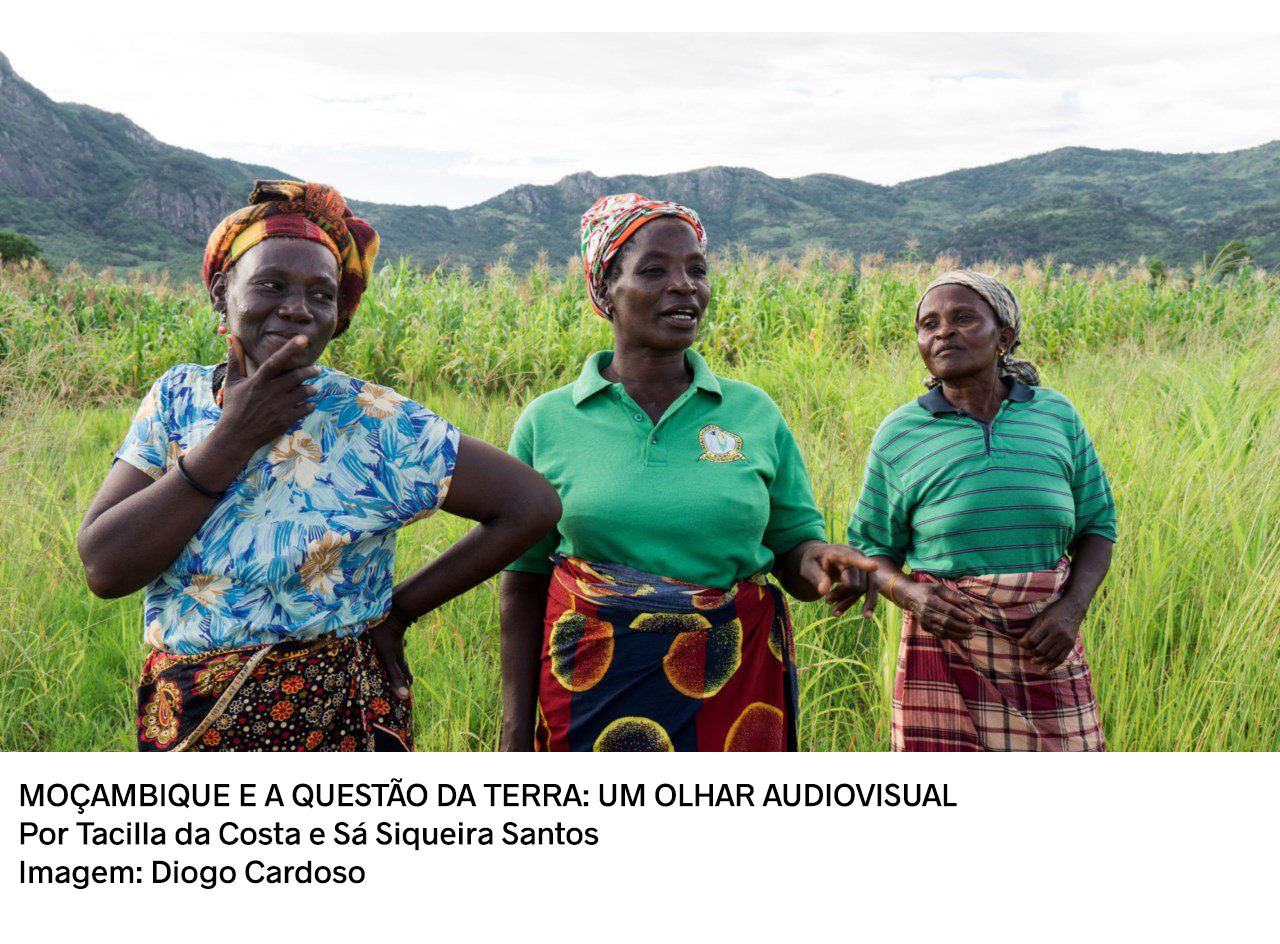Land Confiscation Continues under the Name of Development: Mon Human Rights Defender Nai Aue Mon
“We have to work with the voice of the people,” Nai Aue Mon tells me in Sangkhlaburi, Thailand, as we discuss the recent rise of land confiscation and land disputes in the Mon State. Aue Mon has been with the Human Rights Foundation of Monland (HURFOM) since 1999, when he started witnessing the abuse and violations of the rights of civilians in the Mon State. He first began working as a journalist for the Mon publication Guiding Star, before beginning his work as documenting and defending human rights.





